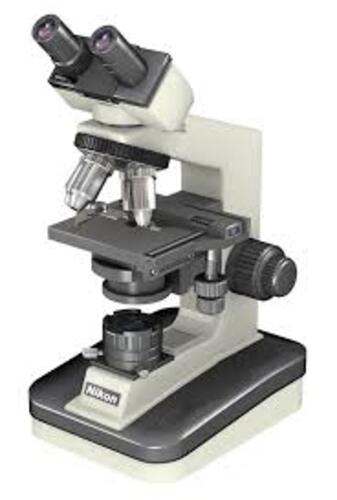How to Source Microscopes Medical Device for Clinical Use
Microscopes (Light microscopes, Electron microscopes, Stereo microscopes, High-quality optics, advanced features like fluorescence, digital imaging, and automation; suitable for research, clinical, and industrial applications) is classified under Medical Devices. It is therapeutically aligned with reference brands such as Nikon, Olympus, Leica, Zeiss, AmScope. This guide highlights key sourcing factors buyers should consider when procuring high-quality Microscopes for formulation, R&D, or bulk manufacturing.
Product Overview:
Microscopes enlarge small objects by magnifying light or electron beams, allowing detailed observation of structures invisible to the naked eye. They support scientific research, medical diagnostics, and education. Benefits include enhanced visibility, precise analysis, improved diagnostics, and advancing knowledge in biology, material science, and healthcare.
Microscopes in the EU and US are regulated to ensure safety, accuracy, and manufacturing quality. In...
 Microscopes Medical Device for Clinical Use
Microscopes Medical Device for Clinical Use
Tip: Sourcing certified medical devices with proper clinical documentation reduces audit risk and improves procurement speed.
1. Regulatory Compliance & Certifications for Sourcing Microscopes
- ✔ CE Marking (EU)
- ✔ FDA 510(k) or PMA (US)
- ✔ ISO 13485 certification
2. Technical Suitability & Clinical Use
- ✔ Instruction manuals & datasheets
- ✔ Compatibility with clinical workflows
- ✔ Class I/II/III classification details
3. Supplier Experience & Support
- ✔ Hospital/clinic references
- ✔ On-site device training or support
- ✔ Regulatory audit history
4. Packaging, Storage & Logistics
Ensure sterile packaging and temperature-controlled shipping if required.
- ✔ Shelf life and handling guidelines
- ✔ Customs and import documentation
- ✔ Local distributor or service support
Pro Tip: Engage supplier formulation experts early — it can improve bioavailability and cut development time.
Conclusion
Sourcing Microscopes as a medical device requires thorough certification review, supplier vetting, and logistics planning. With the right partner, you ensure compliance, safety, and clinical readiness.
Frequently Asked Questions For Sourcing of Microscopes
What is the device classification of Microscopes?
Microscopes is classified as a
Class I/II/III medical device. This determines the level of regulatory control and testing required for approval and use.
What documentation is available with this device?
Each unit is shipped with full documentation, including the CE Certificate (if applicable), FDA clearance number, user manual, technical datasheet, and ISO 13485 certification (if applicable).
What is the typical lead time for Microscopes?
Typical lead time is 2–4 weeks depending on stock availability, custom configurations, and shipping destination.
Does Microscopes require special storage conditions?
No special storage required. Store in a clean, dry environment at room temperature unless otherwise specified.
Can Microscopes be customized for specific clinical needs?
Yes, we offer customization options for bulk orders, including packaging, labeling, or technical features. Contact our team to discuss custom configurations or OEM partnerships.
This website uses cookies to ensure you get the best experience. By using our site, you agree to our
Privacy Policy.